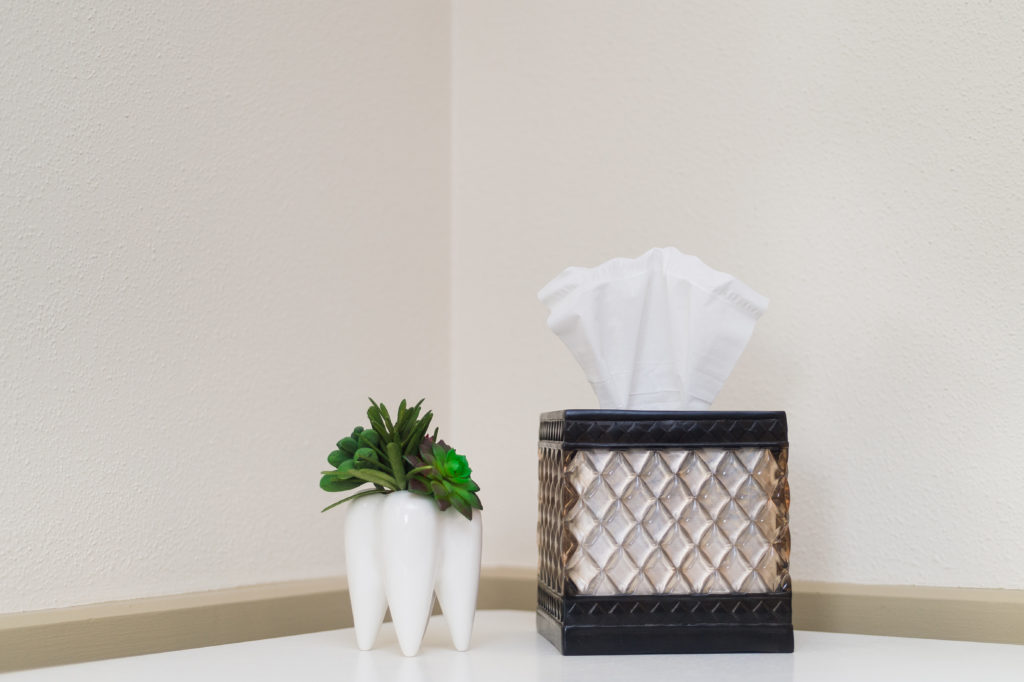
Sleep Apnea and Night Guards
Sleep is The elixir of life
Passionate, Dedicated, Friendly
What is Sleep Apnea and How Do I Get Help for it?
Sleep apnea is a disorder that interrupts your breathing while you sleep. A person who has this disorder can sometimes experience episodes of halted breathing hundreds of times during the night.
The most common type of sleep apnea is called Obstructive Sleep Apnea (OSA). When an episode of OSA occurs, the upper airways are either partially or completely blocked. The body responds by making the diaphragm and chest work harder to open the airways. When breathing suddenly begins again, the individual will usually let out a large gasp. Not only does OSA interfere with getting a good night’s sleep, but it also prevents the proper flow of oxygen to the body’s vital organs.
Fortunately, oral appliances are available that can help to keep airways open during sleep.
How Can an Oral Sleep Appliance Treat Obstructive Sleep Apnea?
Where Can I Get an Oral Sleep Appliance?
Am I a Good Candidate for an Oral Sleep Appliance
- Your partner notices excessive snoring
- You’re restless and move around while sleeping
- You wake up suddenly with a coughing gasp
- You’re experiencing sexual dysfunction
- You have night sweats not caused by hormonal changes
- In the morning, your mouth is dry or your throat is sore
- During the day you feel sleepy, forgetful, irritable, and unable to concentrate
- Snoring
- Unusual sleeping positions, including sleeping with the neck extended or sleeping on hands and knees
- The child’s ribcage moves upward while breathing
- Heavy sweating during sleep
- Bedwetting
- Mouth breathing during the day and trouble swallowing
- Sleepiness during the school day
- Poor performance at school
- Learning and/or behavioral disorders
I Grind and Clench My Teeth at Night. How Will a Night Guard Help?
Grinding and clenching your teeth can happen while you’re awake or asleep, but since you don’t realize it’s occurring while you’re sleeping, you may need a device that will prevent you from doing it.
The scientific name for grinding and clenching is bruxism. Why is it such a problem? Because it puts undue stress on your teeth and jawbone, it can damage teeth, cause jaw disorders, lead to headaches,and make you vulnerable to temperature sensitivity. If bruxism isn’t treated, it can wear down your fillings, make teeth more prone to fracturing and cause tooth enamel to erode – which may make it necessary to pay for additional dental treatments.
Night Guards Prevent Premature Tooth Wear
Night guards are dental appliances that prevent teeth from wearing down because they establish a barrier between your upper and lower teeth. They also help to reduce tension and provide a cushion for the jaw muscles. This simple device can help to eliminate face and jaw pain in addition to protecting your teeth.
How Will I Know if I Need a Night Guard?
You won’t be aware of your grinding and clenching while you sleep, but your partner may be able to hear it. Here are some other signs to look for while you’re awake:
- Fractured, flattened, chipped, or loose teeth
- Increased tooth sensitivity due to eroded enamel
- Tooth, jaw, and face pain or soreness
- Tight jaw muscles that won’t open and close easily or completely
- Pain that feels like an earache
- A dull headache that you can feel in your temples
- Damage to the inside of your cheek from chewing it
How Do You Take Care of a Night Guard?
Use a soft-to-medium toothbrush and a small amount of toothpaste to brush your night guard, and then rinse it with warm water. After rinsing, place the night guard in a dry container (which you should also keep clean and free from bacteria). It’s best not to store your night guard in the bathroom because high humidity in that room could cause it to warp.
Also try to keep your night guard away from children and pets who may be curious about what’s in the container. Children or pets may be tempted to chew on the night guard, which can either break it or destroy the fit.
Will Insurance Cover Oral Sleep Appliances or Night Guards?
Devices that treat sleep apnea should be covered by your medical insurance provider for at least a portion of the cost. It may be more difficult to find an insurance company that covers night guards, but there are some that do.
If you’re having trouble affording the appliance, our staff can help you with financing or create a payment plan that works for you.
Dental Appliances Take Care of You While You Sleep
If you or a loved one is exhibiting signs of sleep apnea or bruxism, the experts at Osseo Family Dental can help. Schedule an appointment to find out how a custom dental appliance can free up your airways or put a stop to nighttime grinding and clenching.
